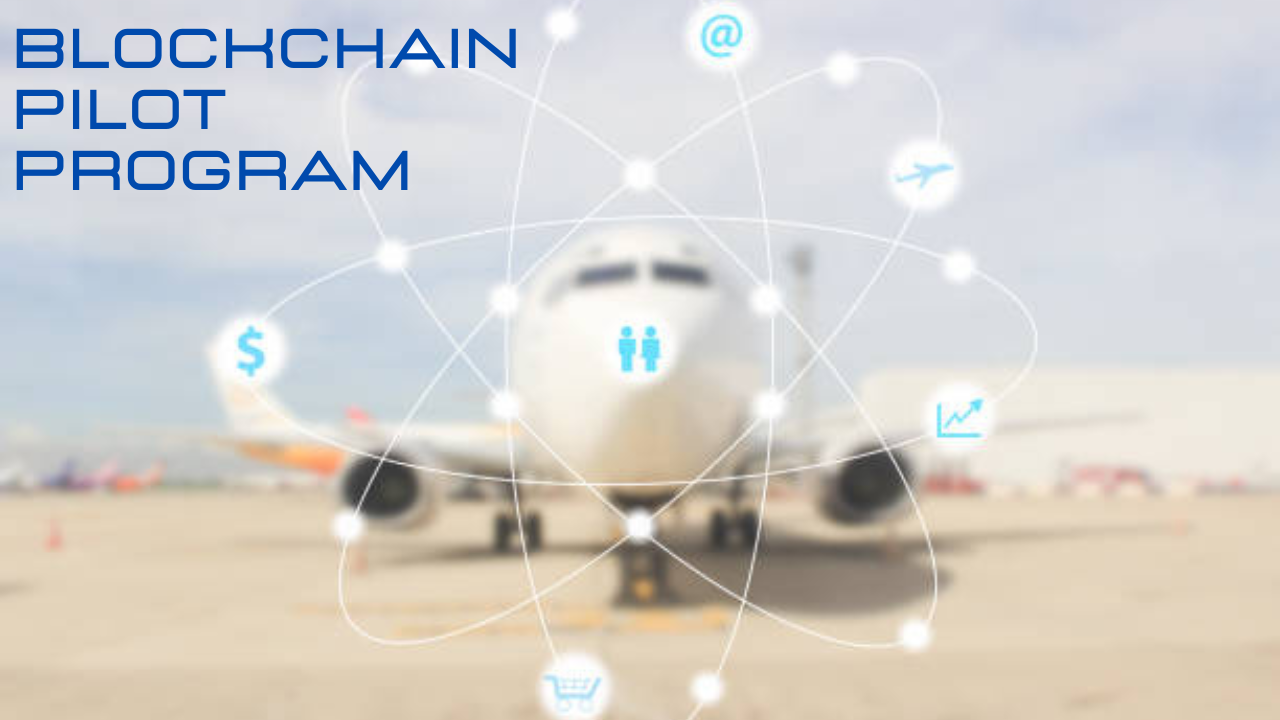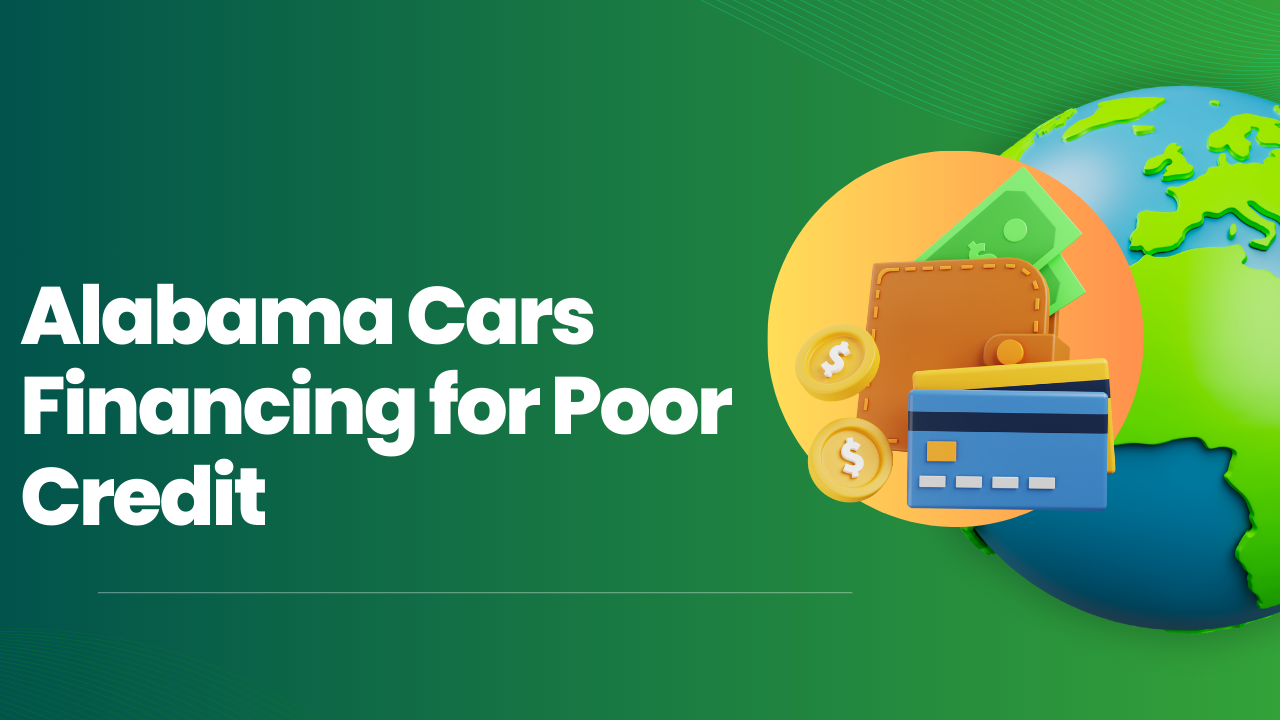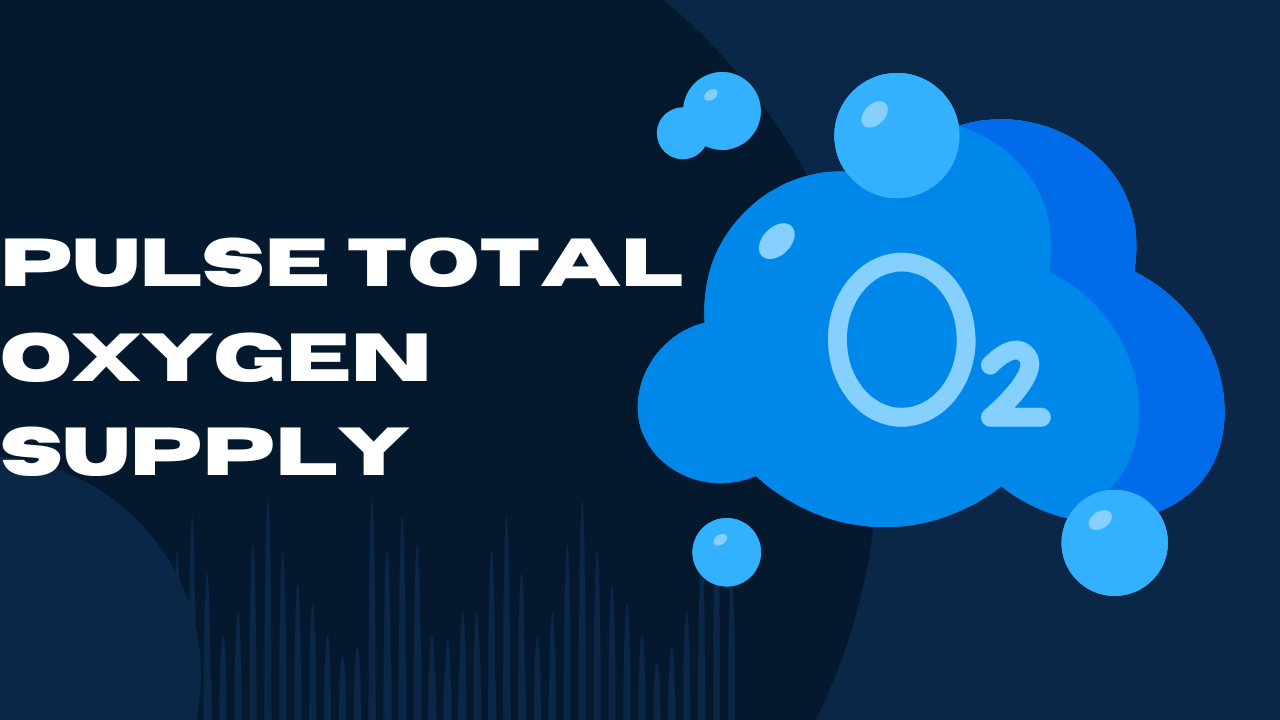The aviation industry is undergoing a significant transformation in response to growing concerns about environmental sustainability. One of the most promising innovations in this space is the introduction of Sustainable Aviation Fuel (SAF). Airports around the globe are exploring ways to incorporate SAF into their operations, and some are even piloting blockchain technology to enhance transparency and efficiency. The combination of these two forward-thinking initiatives forms the foundation of the Airport Sustainable Aviation Fuel Blockchain Pilot Program, a visionary approach to tackling the aviation sector’s carbon footprint while leveraging digital innovation.
In this comprehensive article, we will explore what SAF is, how blockchain fits into the equation, and why this pilot program is key to shaping the future of aviation. We’ll delve into the various aspects of this topic, with a focus on its environmental, economic, and technological impacts.
What is Sustainable Aviation Fuel (SAF)?
Definition and Composition of SAF
Sustainable Aviation Fuel (SAF) is a type of aviation fuel derived from renewable sources like biomass, algae, waste oils, or even synthetic processes using CO₂ capture. Unlike traditional jet fuel, which is derived from fossil fuels, SAF significantly reduces lifecycle greenhouse gas emissions, contributing to a more sustainable aviation sector. SAF can be blended with conventional jet fuel and used in existing aircraft engines without modifications, making it an attractive solution for immediate adoption.
Environmental Benefits of SAF
The primary environmental benefit of SAF is its potential to reduce greenhouse gas emissions by up to 80% compared to conventional jet fuel. This reduction comes from the lower carbon intensity of the fuel itself and the utilization of renewable feedstocks. Additionally, SAF helps to improve air quality around airports by reducing particulate emissions and other pollutants.
- Carbon Reduction: SAF is produced using carbon-neutral or carbon-negative processes, which helps offset the emissions generated during flight.
- Lower Emissions: SAF emits fewer particulates and sulfur oxides, improving local air quality.
- Sustainable Supply Chain: The use of waste materials or renewable resources ensures that SAF production does not compete with food crops, preserving biodiversity and minimizing land use.

Challenges in Scaling SAF
Despite its benefits, SAF faces several challenges to widespread adoption. The high cost of production, limited availability of feedstocks, and lack of infrastructure are major barriers that need to be addressed. As of now, SAF accounts for less than 1% of the total aviation fuel market, but ongoing investments and innovations are helping to scale production.
- Cost: SAF is currently more expensive than traditional jet fuel, largely due to limited production and the complexity of the supply chain.
- Infrastructure: Existing airport infrastructure is often not designed to handle SAF, requiring significant upgrades or modifications.
- Supply Chain Issues: The availability of renewable feedstocks is limited, making it difficult to produce SAF at the scale needed to meet industry demand.
The Role of Blockchain in Aviation Sustainability
What is Blockchain Technology?
Blockchain is a decentralized digital ledger that records transactions across multiple computers in a way that ensures the integrity and security of the data. In the context of aviation, blockchain can be used to track and verify the entire lifecycle of SAF, from production to consumption, ensuring that sustainability claims are transparent and verifiable.
How Blockchain Enhances SAF Transparency
The integration of blockchain technology into SAF supply chains can revolutionize how fuel usage is tracked and reported. Blockchain allows for real-time tracking, ensuring that all stakeholders, including airlines, fuel producers, and regulators, have access to accurate data regarding the origin, composition, and environmental impact of the fuel. This creates an immutable record of transactions that can be audited and verified by third parties.
- Traceability: Blockchain provides end-to-end visibility into the SAF supply chain, ensuring that fuel is sustainably sourced and meets regulatory standards.
- Security: Transactions recorded on a blockchain are immutable, reducing the risk of fraud or tampering with sustainability claims.
- Efficiency: By automating data collection and sharing, blockchain reduces administrative costs and improves the efficiency of reporting.
Real-World Applications of Blockchain in Aviation
Several pilot programs are already underway to test the integration of blockchain in SAF tracking. For example, major airlines are partnering with tech companies to create blockchain-based platforms that verify the sustainability credentials of the fuel they use. These platforms allow airlines to demonstrate their commitment to sustainability to customers and regulators alike.
- Airlines: Several airlines have begun testing blockchain for tracking SAF usage, ensuring that the fuel they purchase meets sustainability criteria.
- Airports: Major airports are exploring blockchain to manage their fuel supply chains more efficiently, ensuring that SAF is properly accounted for.
- Regulators: Government agencies are looking into blockchain as a way to verify compliance with emissions standards and sustainability targets.

Airport Sustainable Aviation Fuel Blockchain Pilot Program
Program Overview
The Airport Sustainable Aviation Fuel Blockchain Pilot Program is an ambitious initiative designed to explore the intersection of SAF and blockchain technology. This program involves partnerships between airports, airlines, fuel producers, and technology companies to create a fully integrated, transparent system for managing SAF supply chains. The goal is to reduce the aviation industry’s carbon footprint by increasing the use of SAF while ensuring that sustainability claims are accurate and verifiable.
- Collaborative Effort: The program involves stakeholders from across the aviation ecosystem, including airports, airlines, fuel suppliers, and blockchain developers.
- Focus on Sustainability: The primary objective is to reduce carbon emissions by increasing SAF usage and improving supply chain transparency.
- Pilot Testing: Initial pilot programs are being conducted at major airports, with plans to expand to additional locations in the coming years.
Objectives of the Pilot Program
- Increase SAF Usage: The program aims to increase the adoption of SAF by providing airlines with a transparent and verifiable way to track their fuel usage.
- Enhance Supply Chain Transparency: By using blockchain, the program ensures that all stakeholders have access to accurate and real-time data regarding SAF production and consumption.
- Improve Reporting and Compliance: The program simplifies the process of reporting SAF usage to regulators, ensuring that sustainability claims are accurate and verifiable.
- Encourage Collaboration: The program fosters collaboration between airports, airlines, and fuel producers to create a more sustainable aviation ecosystem.
Technologies Involved in the Pilot Program
The program leverages several cutting-edge technologies to achieve its objectives:
- Blockchain Platforms: The program uses blockchain technology to create an immutable record of SAF transactions, ensuring transparency and accountability.
- Data Analytics: Advanced data analytics tools are used to monitor SAF usage and assess the environmental impact of the fuel.
- Internet of Things (IoT): IoT devices are used to track fuel shipments and monitor the performance of SAF in real time.

Benefits of the Blockchain Pilot Program for Airports
Increased Operational Efficiency
One of the key benefits of the Airport Sustainable Aviation Fuel Blockchain Pilot Program is the increase in operational efficiency. By automating data collection and reporting, airports can streamline their fuel management processes, reducing administrative costs and improving overall efficiency.
- Automated Reporting: Blockchain technology automates the process of reporting SAF usage, reducing the time and effort required to compile data for regulators and stakeholders.
- Improved Data Accuracy: Blockchain ensures that all data related to SAF transactions is accurate and verifiable, reducing the risk of errors or discrepancies.
- Enhanced Collaboration: The program fosters collaboration between airports, airlines, and fuel producers, creating a more efficient and integrated fuel supply chain.
Enhanced Environmental Compliance
The aviation industry is subject to strict environmental regulations, and the Airport Sustainable Aviation Fuel Blockchain Pilot Program helps airports meet these requirements. By providing real-time data on SAF usage and emissions reductions, the program ensures that airports comply with environmental standards.
- Regulatory Compliance: The program simplifies the process of reporting SAF usage to regulators, ensuring that airports meet their environmental obligations.
- Sustainability Reporting: Blockchain provides a transparent and verifiable way to report sustainability metrics, making it easier for airports to demonstrate their commitment to reducing carbon emissions.
- Continuous Improvement: The program allows airports to monitor their SAF usage in real time, enabling them to make adjustments and improve their environmental performance over time.
Economic Impact of the Blockchain Pilot Program
Reducing Costs
While the initial investment in SAF and blockchain technology may be high, the long-term cost savings are significant. By improving supply chain transparency and efficiency, the program helps to reduce fuel costs and administrative expenses.
- Fuel Efficiency: SAF has been shown to improve fuel efficiency, reducing the overall cost of fuel for airlines and airports.
- Administrative Savings: Blockchain technology automates many of the administrative tasks associated with fuel management, reducing the need for manual data entry and reporting.
- Reduced Emissions Costs: By using SAF, airports can reduce their carbon emissions, potentially avoiding costly emissions penalties or taxes.
Creating New Revenue Streams
The Airport Sustainable Aviation Fuel Blockchain Pilot Program also creates new opportunities for airports to generate revenue. By positioning themselves as leaders in sustainability, airports can attract new airlines and passengers who are looking for environmentally friendly travel options.
- Attracting Airlines: Airlines are increasingly looking for airports that offer SAF, and those that participate in the pilot program will be well-positioned to attract new business.
- Passenger Demand: As passengers become more environmentally conscious, they are more likely to choose airlines and airports that prioritize sustainability.
- Carbon Credits: Airports that reduce their carbon emissions through the use of SAF may be eligible to sell carbon credits, creating an additional revenue stream.

Challenges and Opportunities in the Airport Blockchain Pilot Program
Overcoming Initial Investment Barriers
One of the primary challenges facing the Airport Sustainable Aviation Fuel Blockchain Pilot Program is the high upfront cost of implementing both SAF and blockchain technology. While the long-term benefits are significant, the initial investment can be a barrier for some airports and airlines.
- Cost of SAF: SAF is currently more expensive than traditional jet fuel, making it difficult for some airlines to justify the investment.
- Blockchain Implementation: The integration of blockchain technology requires significant investment in infrastructure and training, which can be a barrier for some airports.
- Funding Opportunities: Governments and private investors are beginning to offer funding and incentives to support the adoption of SAF and blockchain technology, helping to offset the initial costs.
Scaling the Program
Another challenge is scaling the pilot program to airports around the world. While several airports have successfully implemented blockchain and SAF pilot programs, expanding the initiative to a global scale will require significant coordination and investment.
- Global Coordination: Scaling the program will require collaboration between airports, airlines, and fuel producers on a global scale.
- Infrastructure Upgrades: Many airports will need to upgrade their infrastructure to accommodate SAF and blockchain technology, which can be costly and time-consuming.
- Industry Collaboration: The success of the program will depend on the willingness of all stakeholders to work together toward a common goal of sustainability.

FAQs
What is Sustainable Aviation Fuel (SAF)?
Sustainable Aviation Fuel (SAF) is a type of renewable fuel made from sustainable feedstocks such as waste oils, algae, or biomass. It significantly reduces greenhouse gas emissions compared to traditional jet fuel.
How does blockchain technology enhance the SAF supply chain?
Blockchain provides a transparent, decentralized ledger that tracks the entire lifecycle of SAF, ensuring that fuel is sustainably sourced and that sustainability claims are verifiable.
What are the environmental benefits of SAF?
SAF reduces carbon emissions by up to 80% compared to traditional jet fuel and emits fewer particulates, improving air quality around airports.
Why is blockchain important in the aviation sector?
Blockchain enhances transparency and traceability, making it easier to verify sustainability claims and track fuel usage in real time.
What are the challenges of implementing SAF at airports?
High production costs, limited availability of renewable feedstocks, and lack of infrastructure are key challenges to scaling SAF adoption.
Which airports are involved in the Blockchain Pilot Program?
Major airports around the world are participating in pilot programs, though the specific airports vary depending on the region and the stakeholders involved.
How does the pilot program benefit airlines?
Airlines benefit from increased transparency, regulatory compliance, and the ability to demonstrate their commitment to sustainability through the use of SAF.
What are the long-term goals of the pilot program?
The long-term goal is to scale the use of SAF and blockchain technology across the aviation industry, creating a more sustainable and efficient fuel supply chain.
Final Thoughts
The Airport Sustainable Aviation Fuel Blockchain Pilot Program represents a bold step forward in the quest for a more sustainable aviation industry. By combining the environmental benefits of Sustainable Aviation Fuel (SAF) with the transparency and efficiency of blockchain technology, this pilot program has the potential to significantly reduce the carbon footprint of airports and airlines worldwide.
While challenges remain—particularly in terms of cost and scalability—the long-term benefits are clear. Airports that embrace this program will not only contribute to global efforts to combat climate change but also position themselves as leaders in a rapidly evolving industry. As the program expands and more stakeholders come on board, the future of sustainable aviation looks bright.

















